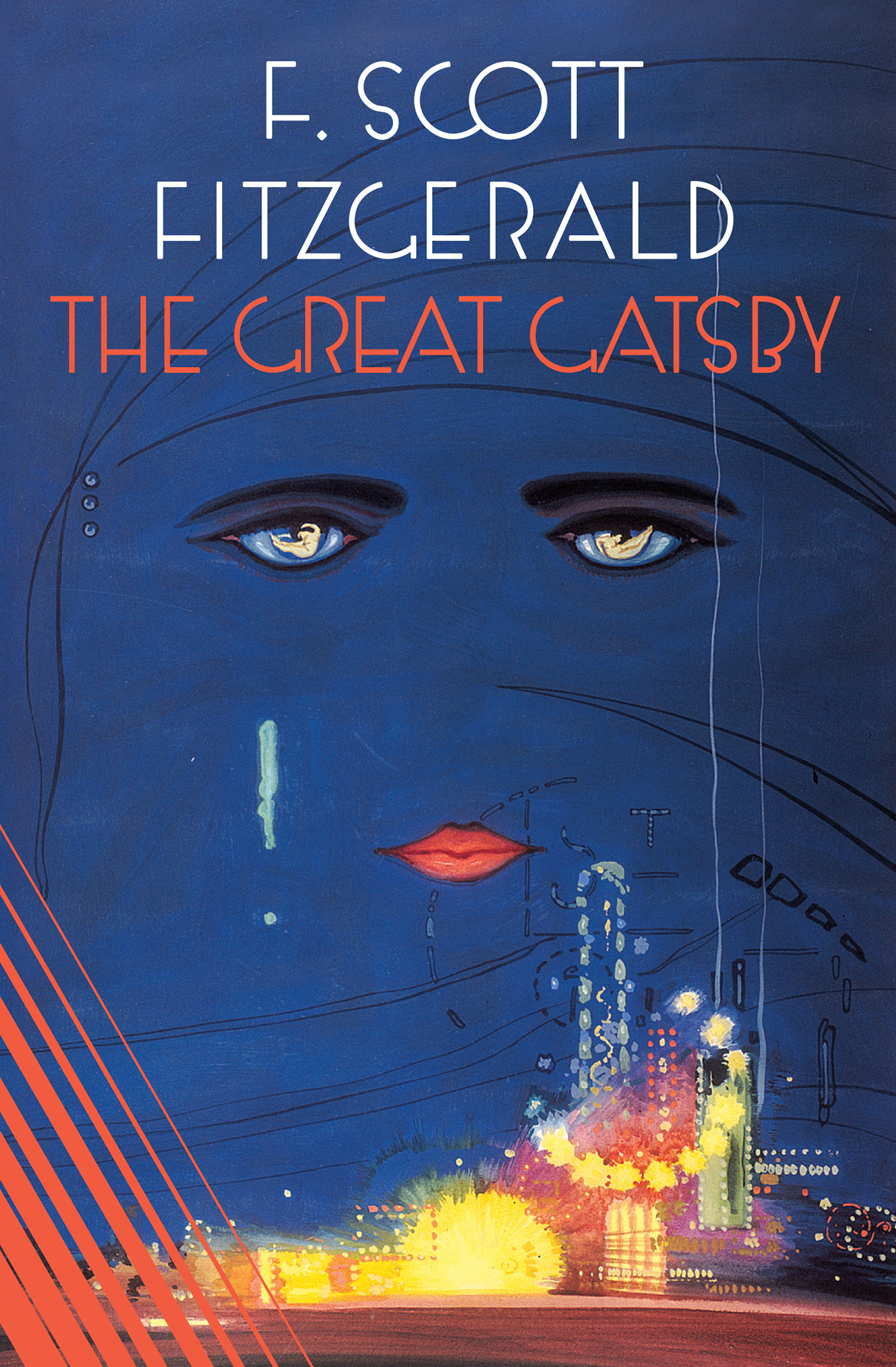The Great Gatsby is a book that’s been familiar to me for quite a while now. I either hear about it in English class, being mentioned as someone’s favorite book, or read its title in another book, too, as a mandatory read in the characters’ school life. Either way, it’s a book that I’ve always been curious about. I’ve always wondered about it, and the title isn’t anything to go by (unless you read the book), really. So when it turned out to be the next book on my reading list, I was pleased, thinking that after so many contemporary books, finally, I’m going back to an old friend—historical fiction.
Set in 1922, Nicholas ‘Nick’ Carraway is the main narrator in The Great Gatsby. He moves to the East, New York in particular, coming from the Midwest. Living in West Egg, he finds himself a neighbor—a man named Jay Gatsby, who proves to be mysterious. However, unlike Nick, he’s also extremely rich and holds elaborate and fancy parties at his large home. Daisy Buchanan, a cousin of Nick’s, along with her husband Tom and their friend Jordan Baker, gets tangled up into the story in a surprising manner and together they all show the circumstances of living at that particular time.
THE BRIGHT SIDE
The Great Gatsby surprised me, partly because I didn’t suspect at all what the novel was about. So the entire book sort of came as a surprise to me. Another reason would be because it’s only now, as I’m recalling and reflecting on it, do I begin to understand the little details and events that happened in the book. And I always love being pleasantly surprised, so to me that was an immediate plus. Granted, I already had an inkling that I’d like it, because of the setting and because I knew it’s considered to be a literary classic for a reason. I also loved that it showed each character in a realistic light, with all of their flaws and strengths, and that they were written in a manner wherein you understood their characters. Each character was really defined in my head, maybe not based on their physical appearances, but because of their traits and attitudes that were all clearly described in the book not only through the author’s words, but also by the actions of the characters. These characters all come together into the story, and they strengthen each other in the plot. I loved the fact that there were so many things I highlighted, words that were often used back then and not so much now, and lines and phrases that made me think and reflect. Lastly, I admired Nick because in the end, he still saw Gatsby as a great man, although he didn’t necessarily like or admire him. Despite Gatsby’s flaws, Nick managed to see the ambitious man who did all that he could to make the most out of the hand that life dealt him.
THE DARK SIDE
Although it was a short book and I didn’t mind all that much, there were still parts of it that I felt weren’t needed. Like that part wherein Nick listed all the people who came to Gatsby’s party one night, all names and small descriptions about them. There were so many names, and I knew it was to give the impression that the people who came to Gatsby’s parties were many and diverse, but I felt like I didn’t really need the list of all of them, I felt as though the author could’ve made me realize that in a manner that's less lengthy and seemingly boring, and it would still have the same intended effect.
Going back on it now, I’ve come to the realization that The Great Gatsby isn’t so much about the characters, as it is about the society and the circumstances at the time that surrounded and impacted the characters' actions and decisions, their developments and views towards life. It managed to make me see how different and yet still similar life is then and now, there’re still the same underlying factors that influence humanity: ambition, reputation and power. People can sometimes have the purest intentions in the start, but the desire to make something more of themselves can get so overwhelming they’d be willing to use whatever means to reach their ends. But The Great Gatsby goes further and teaches us that in the end, it would be good to remember that we’re all flawed, that there’s always something good in everyone, and at least in that, if not in status and class, we’re all the same.


No comments:
Post a Comment